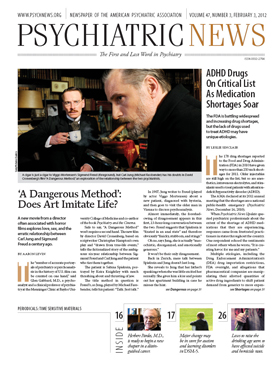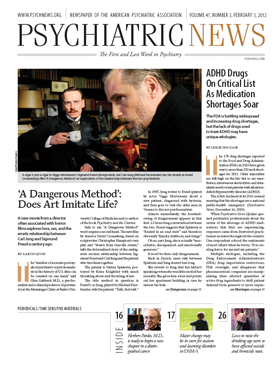Most smokers want to quit smoking, and more than half have tried to quit in the prior year. But those who are trying to quit aren’t receiving the help and support they need.
According to a report in the November 11, 2011, Morbidity and Mortality Weekly Report from the Centers for Disease Control and Prevention (CDC), 68.8 percent of current cigarette smokers said they would like to stop smoking completely, and 52.4 percent had tried to quit smoking in the preceding year. But 68.3 percent of the smokers who tried to quit did so without using evidence-based cessation counseling or medications, and only 48.3 percent of those who had visited a health care professional in the prior year reported receiving advice on how to quit smoking.
The report was published in conjunction with the annual Great American Smokeout, observed last year on November 17. The Smokeout, sponsored by the American Cancer Society, urges smokers to use the date to make a plan to quit or to plan in advance and quit smoking that day.
In a press release, CDC Director Thomas Frieden, M.D., M.P.H., said, “Smokers who try to quit can double or triple their chances by getting counseling, medicine, or both.”
The CDC’s conclusions were based on an analysis of data from the 2001 to 2010 National Health Interview Surveys (NHIS). The NHIS is a continuous, nationwide in-person survey of approximately 35,000 households, or about 87,500 individuals, in the civilian noninstitutionalized population, conducted by the CDC’s National Center for Health Statistics and administered by the U.S. Census Bureau.
First administered in 1957, the NHIS consists of two parts: a core set of basic health and demographic questions on a broad range of topics, and one or more sets of supplemental questions on specific health topics.
The CDC’s goal in the current analysis was to determine the prevalence of the current interest in quitting smoking, as well as data on successful recent smoking cessation, recent use of cessation treatments, and trends in quit attempts over a 10-year period.
The 2010 NHIS interviewed 27,157 individuals aged 18 and older. Current smokers were characterized as those who had smoked at least 100 cigarettes during their lifetime and, at the time of the interview, reported smoking every day or occasionally. New to the 2010 interview was a supplemental questionnaire that focused on cancer and its risk factors and contained questions on interest in quitting smoking, receipt of a health professional’s advice to quit, and use of cessation counseling and medication.
The CDC said the report’s implications for public-health practices include a need for health care providers to consistently and routinely identify tobacco users, advise them to quit, and provide assistance to those engaged in a quit attempt. CDC officials also emphasized that population-based interventions that effectively increase cessation, including expanding tobacco cessation quitlines and health-insurance coverage for cessation treatments, should be implemented.


